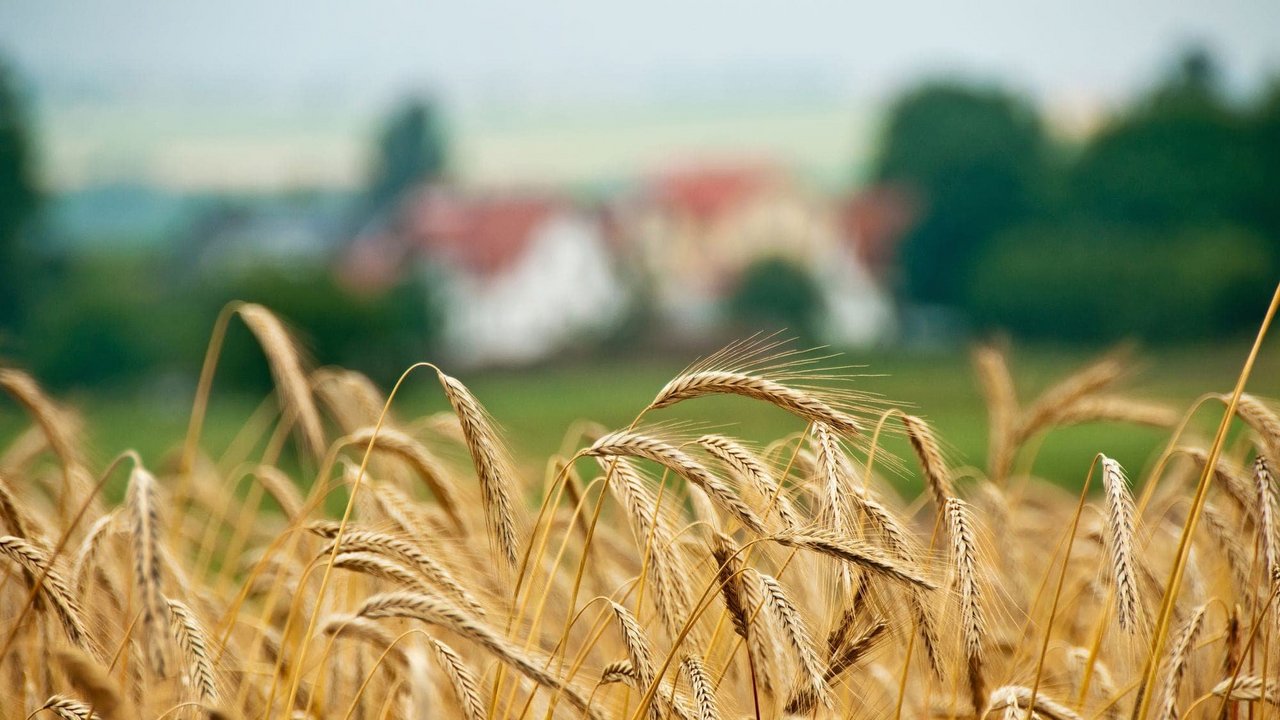The nervousness in the global food market is mounting as the blockades of Ukraine's ports in the Black Sea have still not been lifted. As a result, a gigantic bulk of grain and wheat cannot be transported. Food prices will rise further and African countries in particular will run into major problems as a result, experts say to NU.nl.
"Africa is the largest buyer, because wheat from Ukraine is the cheapest," says Bart de Steenhuijsen Piters, researcher food systems at Wageningen University & Research. "But now that things go wrong there, the Africans are paying the price. Countries such as Ethiopia, Somalia and Tanzania in particular are dependent. They have to buy wheat from other countries and that is considerably more expensive. In the West we are not bothered by this, because it is purely is a matter of purchasing power. We have stocked enough grain here too."
Louise van Schaik, head of EU & Global Affairs at the Clingendael Institute, states that unrest could arise in certain countries if the blockades are not lifted quickly and food prices continue to rise. "Especially in countries where the right to exist is already under pressure. But the higher fuel and food prices also lead to unrest in our society."
The price for food remains unprecedented worldwide, the Food and Agriculture Organization of the United Nations (FAO) recently reported. As a result of the war in Ukraine, the price of grain has risen sharply, among other things. Furthermore, fewer fertilizer ingredients are available.
As a result of the Russian invasion, exports from Ukraine, one of the world's largest producers of grain and vegetable oil, have fallen sharply. The blockade of key ports on the Black Sea has created additional turmoil in the supply chain and the problems are still unresolved.
